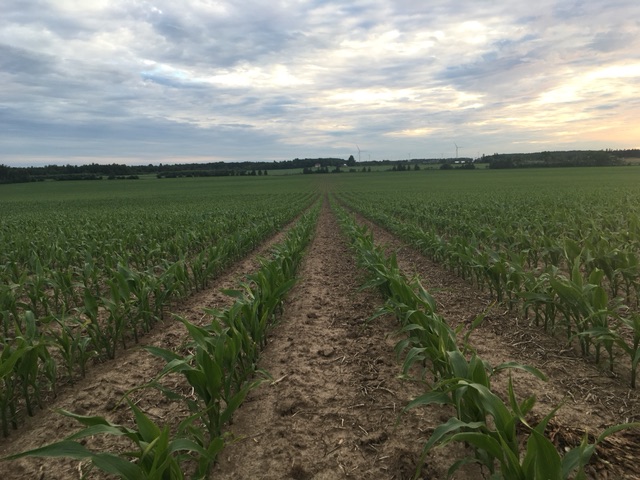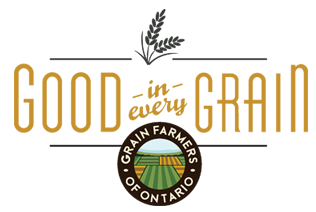What does GMO mean?

Ever heard the term GMO and wondered what that meant? Saw it online or heard people talking about it at a grocery store but wasn’t really sure what it stood for?
GMO is an abbreviation for a genetically modified organism, which is a crop that has been developed through genetic engineering. This is a precise method of plant breeding that allows a specific trait that is naturally found in one plant to be transferred into another.
Specific traits that might be moved are a natural resistance to certain insects and diseases, herbicide tolerance, traits that can enhance the nutritional value and reduce food waste.
In Canada, corn, soybeans, canola, and sugar beets are genetically modified while cotton, alfalfa, papaya and squash can be found worldwide. Genetically engineered potatoes and apples exist but haven’t been sold to consumers yet. These are the only food items in the world that are genetically modified.
Aren’t they bad though?
We hear this question a lot, and trust us when we say that in the 22 years GMO crops have been grown in Canada, not a single case of illness has been attributed to them. Over 900 research findings from around the world explored this topic and were analyzed by 15 scientific societies in 2016 – with no evidence of risk to human health or the environment found (CropLife Canada). The World Health Organization, Health Canada, the U.S Food and Drug Administration, and dozens of other international health organizations have all concluded that GMO crops are as safe as comparable to Non-GMO crops.
There is no scientific evidence linking human health risks to GMO foods. Simply put, GMO crops are a hardier crop that allows a farmer to be potentially produce more yield on less land using less pesticides, water, fertilizer and at a lower cost. These crops can withstand more adverse climate conditions and can grow in areas they wouldn’t other wise grow. #YourFarmers use GMO’s as a tool to help grow the food to meet today’s population demand.
Imagine how great it would be if a drought resistant wheat crop could grow in parts of the world that are drought heavy climates, and provide those people with a food and income source. This could be made possible due to genetic engineering that would allow the crop to grow in those conditions?
